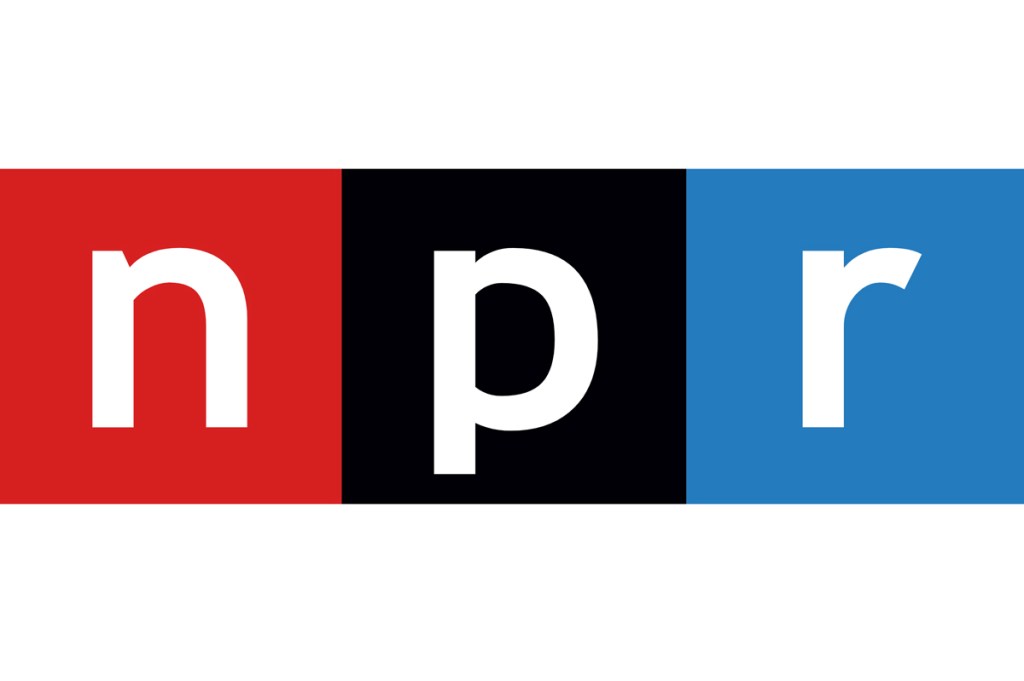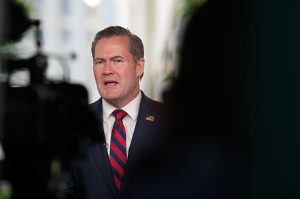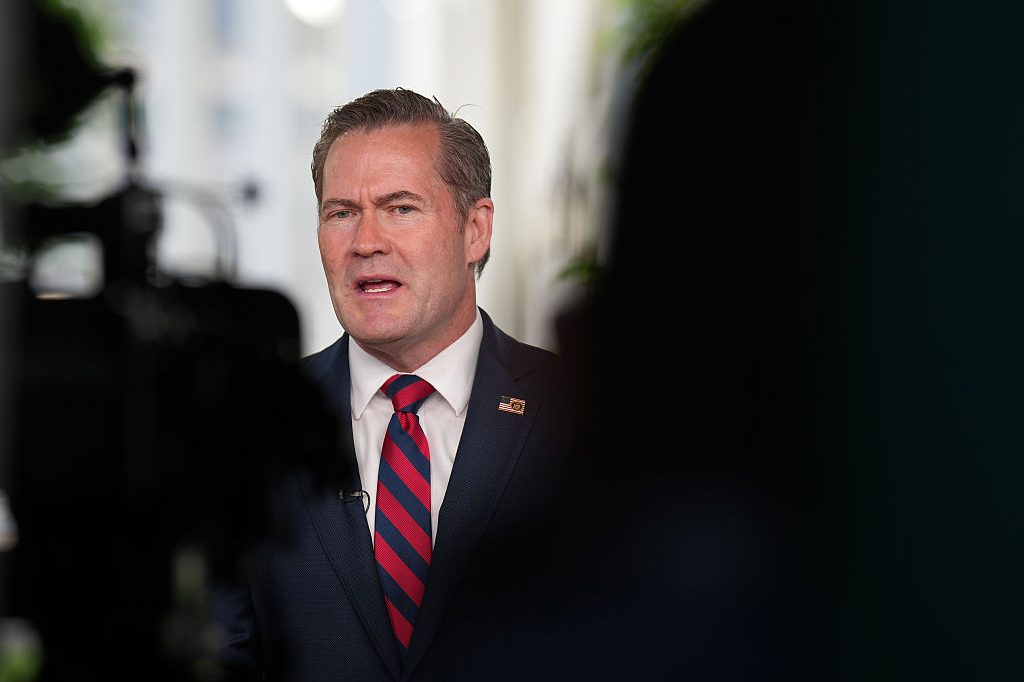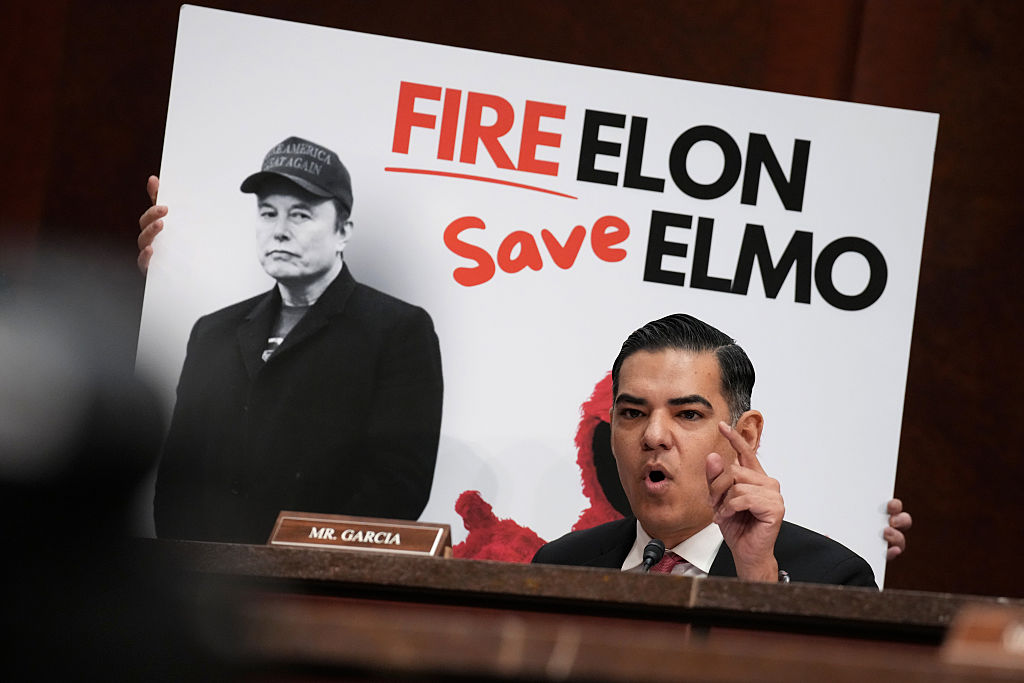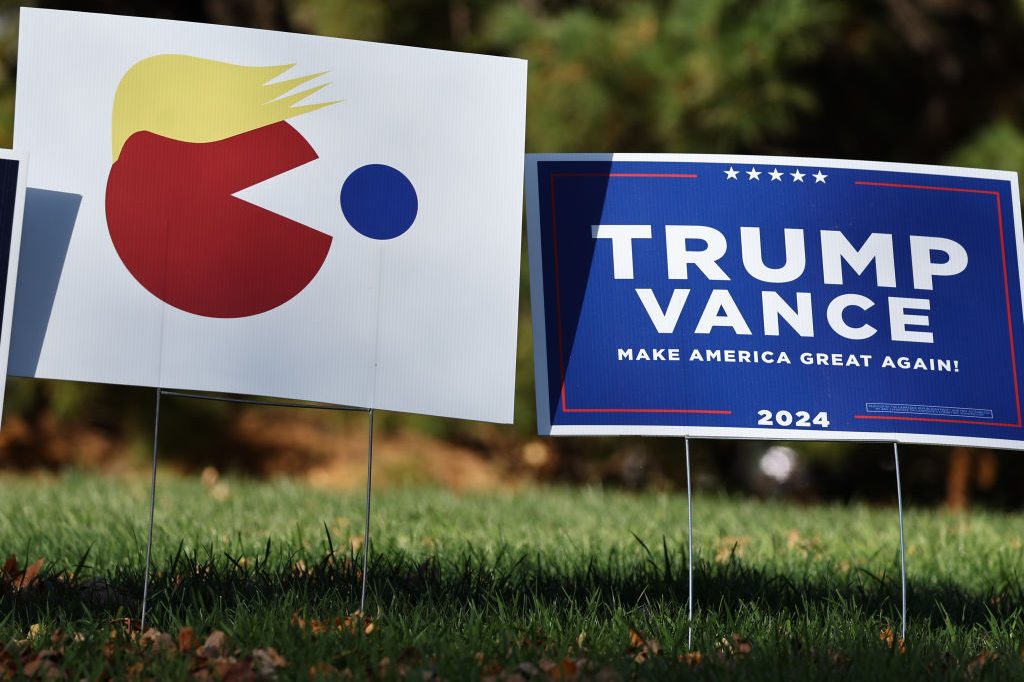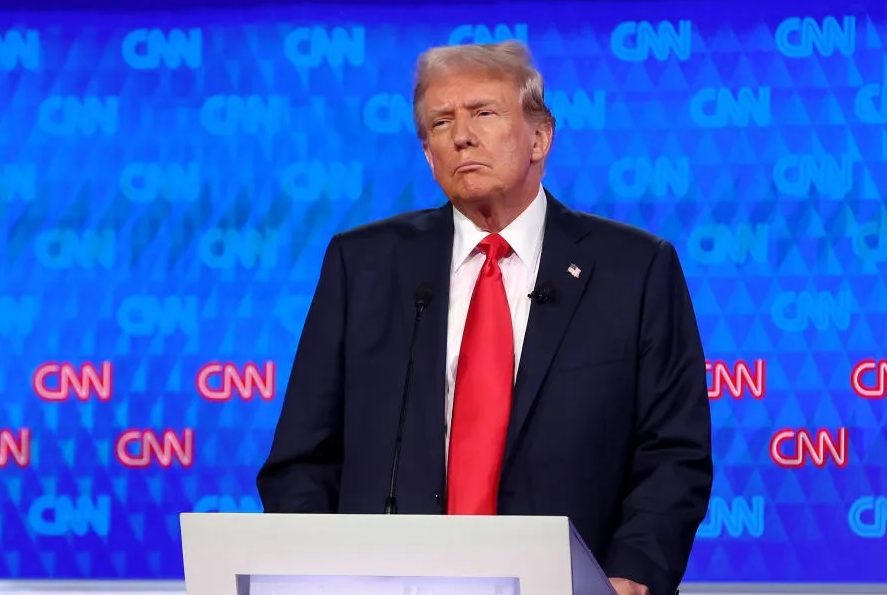When the Public Broadcasting Act was signed into law in 1967, the stated goal was to provide public financial assistance to producers and broadcasters of educational programming. And so PBS and NPR came into existence. They enjoy public funding from taxpayers today. But should taxpayers continue to fund these enterprises, when they clearly focus less on educating the public, and more on pushing commentary and opinion, and now, even libel?Public media has long been defended. Frequently it’s pointed out that public funding for NPR is only about two percent of their federal operating budget, the same excuse we hear when Planned Parenthood pushes back against calls to defund it. Just as frequently, right-leaning outlets seek to point out a clear bias in publicly-funded coverage. But NPR’s ‘reporting’ of Black Lives Matter protests has veered so far from bias and into demagoguery that calls to defund it should be taken more seriously. When I say ‘defund’, I don’t mean in the tortured nuanced way that Democrats and the media use it about the police to mean ‘reform’. No reform for NPR. Defund it. Completely.This weekend NPR published a story on their website by journalist Hannah Allam. The tweet to the story, declared that ‘right-wing extremists are turning cars into weapons, with reports of at least 50 vehicle-ramming incidents since protests erupted nationwide in late May.’ The image accompanying the tweet was a photo of a vehicle surrounded by protesters, suggesting that the driver was plowing through them as they stood in the street. That is not what happened.The photograph was of a driver from Louisville, Kentucky and an as yet identified black woman, who found herself fleeing after assailants blocked her car. One attacker pulled a gun. They attempted to breach her vehicle through the driver’s side window and door, punching her repeatedly and even, according to police reports, pulling out one of her braids. When she drove off, striking one of the assailants, another male pulled a gun. Police later identified two suspects and charged them with rioting, disorderly conducts and obstruction of a highway. But none of this mattered to NPR. The driver was described as a right-wing extremist, targeting peaceful protesters.NPR later updated the piece by saying ‘A previous version of this post and story included a photo of a protester being struck by a car in Louisville, Kentucky. The photo, chosen by editors, does not appear to be an example of the assaults described in the story, and has been replaced.’ The editors were so certain of a wave of vehicular right-wing extremist attacks, that they were blind to the incident in Louisville that had gone viral a few days earlier. NPR replaced the Louisville photo with one from Charlottesville in 2017, when a white supremacist targeted protesters at an intersection, killing one. So prominent is this wave of right-wing car attacks, that NPR could only find a relevant photo from an incident three years prior.
[special_offer]
NPR’s story cites no arrests or convictions for such charges, which would be considered acts domestic terrorism. The piece does however cite that ‘two dozen are unclear as to motivation’ with many of these incidents stemming from protesters either blocking roadways or hopping on the vehicle. The only basis for Allan’s ‘wave of 59 incidents’, is one actual incident, cited by the Southern Poverty Law Center, when a man revved his engine and drove recklessly into a crowd. The piece also mentions the driver’s alleged association with the Ku Klux Klan, without confirmation. The other incidents are simply reports filed. So that’s two confirmed incidents in four years. The NPR piece did not take into account the threat to life drivers find themselves in when surrounded by rioters (the name Reginald Denny should ring a bell to any driver who finds themselves in these situations). Instead it classifies such incidents as right-wing extremist attacks. This is not journalism. It certainly should not be funded by the public. It serves no educational purpose. It’s time for courageous politicians to stand up and demand the elimination of NPR’s public funding.



